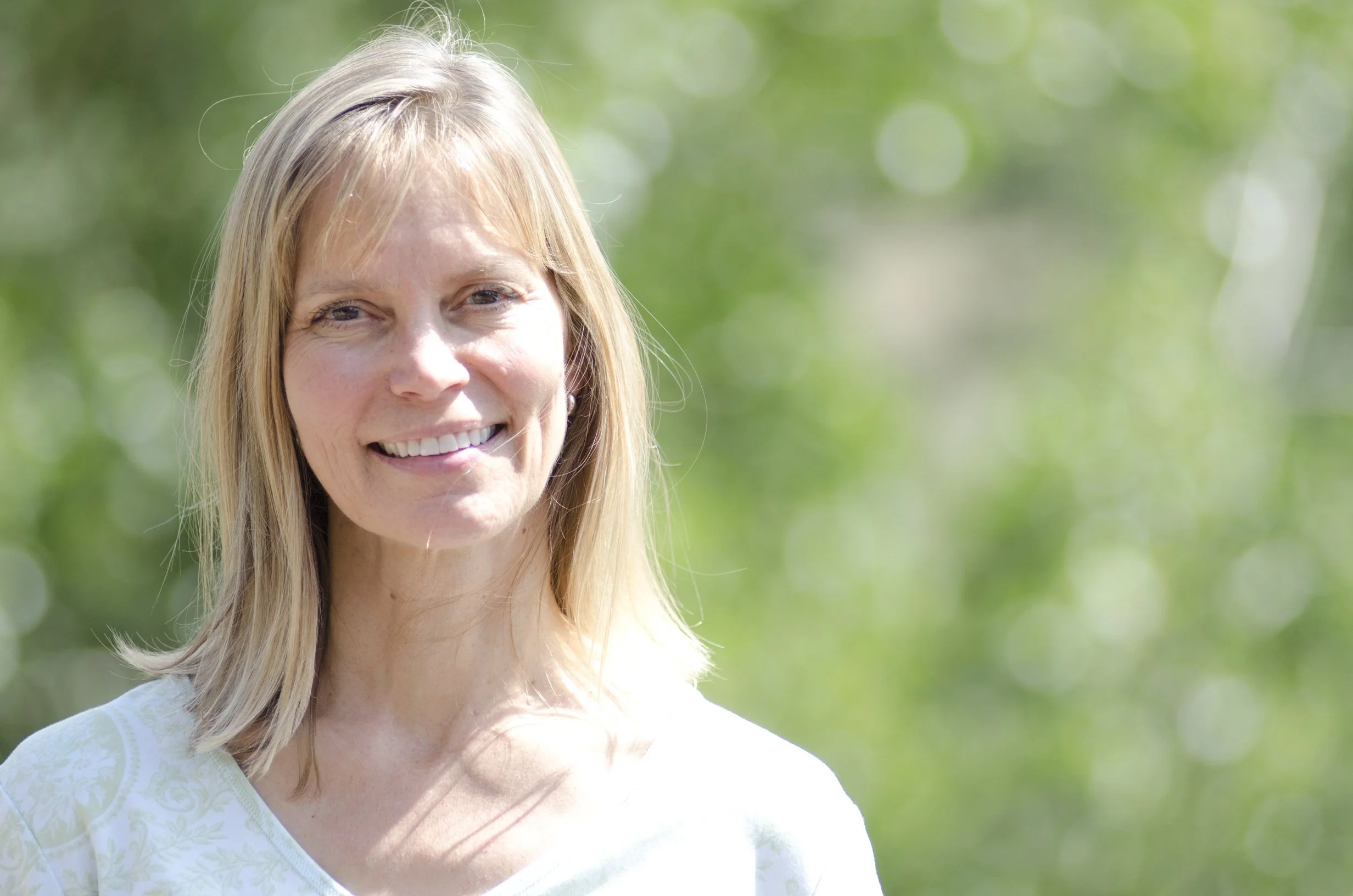First Flight and Flicker Builds a Nest by Tami Haaland
First Flight
This time you are the bird
watching him fall.
Such curious feathers.
Now you are the boy
panicked. You see water, feel
hot wax slip from your elbows
to the tender underside of your arms.
Closer, you see waves, distant white.
locks approach. Can’t breathe.
Wind snaps your face.
You are the fisherman:
What splash? What fish?
You are the father begging
for the child to pull through.
Rock in your stomach.
First flight the worst.
Take back the monster.
Too much wit. For what?
Flicker Builds a Nest
Beneath a branch in the dying
willow to keep rain from her door.
Ear to bark, I hear her rough out
walls, a pile of woodchips at my feet.
By June, I assume a nest of children.
Later her crazy calls echo
in the kitchen, and I go out to see
a cat climbing. Whenever she calls,
I walk the fence with a long stick
and poke until the cat retreats.
One day she calls when a sharp-shinned
hawk guts a robin in the elm. Feathers
on grass show where it plucked him
from the air. Torn between one and
the other, I choose to chase the hawk away.
Days later, she urges her single child
to follow tree to tree and then up the street
until I no longer hear what they say.
Artist’s Statement
These poems both have an element of youth and flight. “First Flight” focuses on Icarus and the world he is born into using shifting second-person point of view as he plumets to his death. “Flicker Builds a Nest” is a happier poem, demonstrating an animal and human collaboration to address what threatens the life of a young bird growing and eventually taking flight. I wrote “First Flight” many years ago and set it aside. Then it started rattling around in my memory over the past year, and I realized it’s a story about how youth suffers the consequences for the father’s ingenuity and technological developments. The line, “take back the monster” refers directly to the Minotaur, for whom Daedalus is significantly responsible and who demanded the sacrifice of youth. Ultimately it was the world of the Minotaur the father and son needed to escape, and this led to Icarus’s death. This theme, the inability to take away what has been let into the world, is old and relevant. The idea of collaborating with nature rather than trying to outdo it may be one of our best hopes. These poems began with an exploration of story, whether lived or received, and I followed where the inquiry led.
Tami Haaland is the author of three poetry collections, What Does Not Return, When We Wake in the Night, and Breath in Every Room, winner of the Nicholas Roerich First Book award reissued by Red Hen Press. Her poems have appeared in many periodicals and anthologies, including, Consequence, The American Journal of Poetry, Ascent, The Ecopoetry Anthology, and Healing the Divide. Her work has also been featured on The Slowdown, The Writer’s Almanac, Verse Daily, and American Life in Poetry. A former Montana Poet Laureate, Haaland is a professor of creative writing and Dean of the College of Liberal Arts and Social Sciences at Montana State University Billings.
Author website: www.tamihaaland.com


